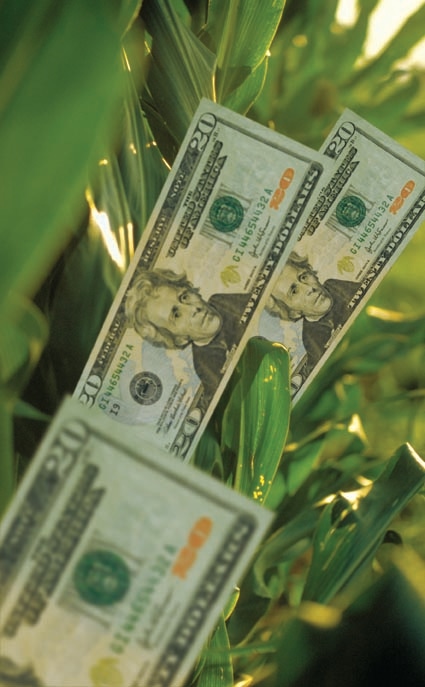March 8, 2011

Richard Brock, president of Brock Associates and columnist for Corn & Soybean Digest, answered these questions following his market outlook to 450 corn and soybean growers and industry professionals attending 2011 Commodity Classic in Tampa, FL.
Q: Does it make sense to export our ethanol offshore ad import crude oil?
Brock: No, but that makes no difference. I am not trying to be a smarty about it, but the U.S. is blending ethanol as fast as we can and we have a surplus of ethanol. So from that perspective it does make sense. If Americans don’t want to buy ethanol and Brazil and Europe do, let them buy it.
Let’s have tax incentives to motivate U.S. filling stations to ramp up 15% blends pump infrastructure.
Q: Is it too early to lock in corn and bean prices?
Brock: It makes sense, but it depends what level (of uncertainty) you feel comfortable with. Each person has different comfort level; there are people who still have 2007 crops in the bin. I think it does make sense to sell that far out, but in small numbers. But first sell 50% of your 2011 crop before you start locking in 2012 crop.
The other thing: If I went that far out, I’d want to cover some of my input prices, and I am not ready to lock in fertilizer prices for 2012 (anhydrous). I’ll take my chances.
Q: What will land prices do if commodity prices fall?
Brock: They would go flat. You have no leverage in the land market now; land’s being bought with cash right now. So many people are long-term bullish, 90% think a crop price fall is a just a correction in a long-term bull market. It would take three years of depressed crop prices to affect high land prices today. There’s a reason land prices have gone up 20% since Thanksgiving; it pencils out right now to make returns on expensive land with higher crop prices.
Just remember how many times in history we’ve had a bird in the hand. Today you have a chance to lock in the two best years you’ve ever had in your life; that last ounce of blood in this turnip could get expensive, because when it falls, decisions get really difficult.
You May Also Like




